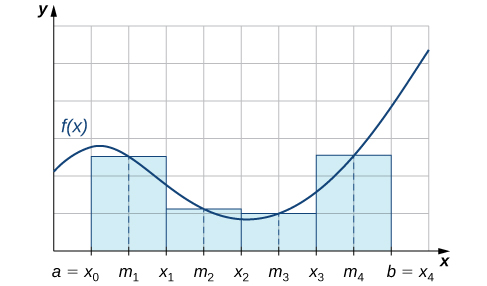author: Andrew Gyakobo
This project was made to showcase a sample example of muli-threading in the C programming language. To be more exact, in this project we'll be trying to approximate the value
Multi-threading is a programming concept where multiple threads are spawned by a process to execute tasks concurrently. Each thread runs independently but shares the process's resources like memory and file handles. Multi-threading can lead to more efficient use of resources, faster execution of tasks, and improved performance in multi-core systems.
- Thread: A lightweight process or the smallest unit of execution within a process.
- Concurrency vs. Parallelism: Concurrency means multiple threads make progress at the same time, while parallelism means multiple threads run simultaneously on different cores.
- Synchronization: Mechanism to control the access of multiple threads to shared resources. Thread Safety: Ensuring that shared data is accessed by only one thread at a time.
We'll be utilizing the function
Note
The graph below showcases the integrated function.
There is of course a minor issue with this calculation. In particular, as the
Here is a more specific example of the aforementioned computation, this isn't a representation of the previously calculated function but still comminucates the same idea:
As you can witness, the integration is just a summation of all the rectangles entangled under the function. This is roughly what is being calculated:
From here we can distinctly see that the smaller the
Henceforth, a viable solution to generate as much rectangles as possible would be to use parallelism and multi-core processing with the C library <omp.h>.
- From the getgo the code greets us with two include statements:
#include <omp.h>
#include <stdio.h>-
Furthermore, we define the
const int num_steps(the quantity of rectangles, the area of which shall be integrated) and then thedouble step(the dx or the width of each rectangle) -
Now entering the main scope of our program we initialize the multi-threading aspect using the
#pragma omp parallelwhere each so-called thread runs simeaultaneously from one another and calculates the partial arealocal_area.
#pragma omp parallel
{
int id = omp_get_thread_num();
int n = omp_get_num_threads();
int i;
double local_area = 0;
for (i = id; i<num_steps; i+=n) {
double x = (i + 0.5) * step;
double y = 4 / (1 + x*x);
local_area += step * y;
}
...- After calculating the
local_areaall the threads are simeaultaneously halted in one specific scope where they all perform one command; in our case sum up all the partial areas into onedouble areagiven us our final result.
#pragma omp critical
{
area += local_area;
}Important
It is important to acquiesce that before running this program you need to fathom and fully understand the limits of your PC set before making such calculations.
Just as a side note the OpenMP library comprises of the following parts. Also feel free to download, edit, commit and leave feedback to the project.
#pragma omp parallel
#pragma omp critical
#pragma omp barrier
#pragma omp master#include <omp.h>
int omp_get_thread_num()
int omp_get_num_threads()gcc -fopenmp # C compiler
g++ -fopenmp # C++ compilerexport OMP_NUM_THREADS=8
export OMP_NESTED=TRUEMIT





